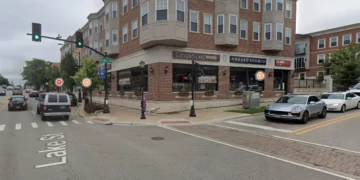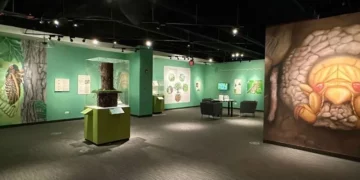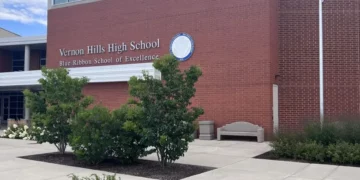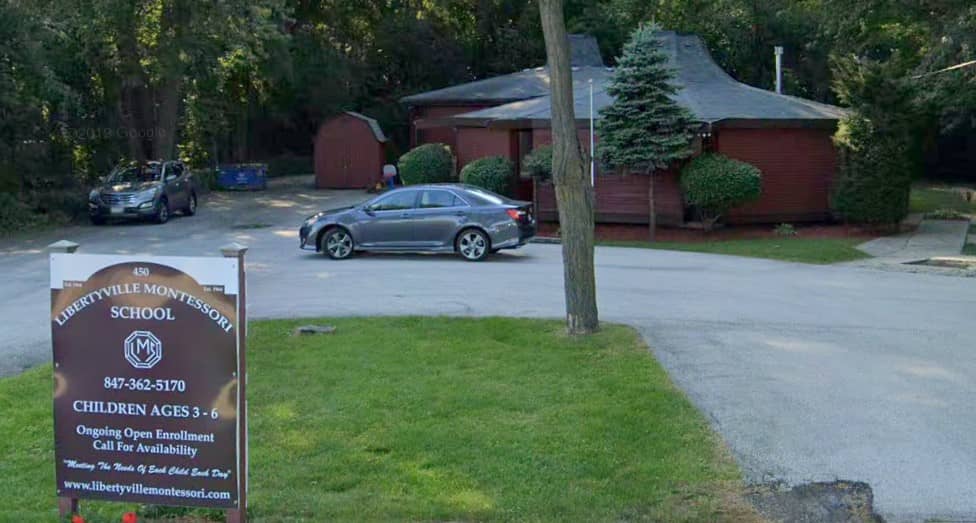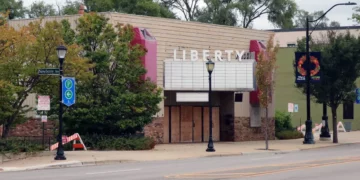Libertyville Montessori School has been a cornerstone of early childhood education since 1964, fostering the growth and development of countless children in the Libertyville area. The unexpected closure of Libertyville Montessori School has left many families scrambling to find alternative childcare and education options. The decision to shut down the school swiftly came as a shock to parents and community members alike.
The once-thriving institution boasted a nurturing environment where children could grow freely, free from competition. Situated on a serene 10.4-acre property, it provided an ideal setting for young learners to thrive. This beloved school will make way for a new apartment community, marking the end of an era for many local families.
Parents, teachers, and students share mixed emotions in preparing for this abrupt transition. While some look forward to new opportunities, others mourn the loss of a long-standing educational pillar. Stay with us as we explore the impact of this closure and what it means for the Libertyville community moving forward.
Background on Libertyville Montessori School
Libertyville Montessori School has a unique educational philosophy aimed at developing children’s physical, mental, and emotional capacities in a nurturing environment. It has served the community for many years, making a notable impact on early childhood education.
Educational Philosophy and Approach
Founded in 1964, Libertyville Montessori School focuses on a child-centered approach. The Montessori method emphasizes self-paced learning and hands-on activities. Children are encouraged to explore and learn at their speeds in a non-competitive setting.
The school aims to foster independence and critical thinking. Classrooms are designed to be engaging and supportive, helping students develop important skills. Teachers guide rather than direct, enabling children to take charge of their own learning experiences.
History of the Libertyville Montessori School
Libertyville Montessori School has been a pillar in the Lake County community since its founding. It served families in Libertyville, Mundelein, Vernon Hills, and Green Oaks. It was one of the oldest Montessori schools in Illinois.
Throughout its history, the school remained committed to its educational values. It maintained a small student body, providing personalized attention to each child. The school’s long-standing presence highlighted its importance to local families seeking quality early education.
Details of the Abrupt Closure
The sudden closure of Libertyville Montessori School left students, parents, and staff scrambling for alternatives. Specific factors leading to the closure, its effects on those involved, and the community’s reaction are detailed below.
Timeline of Closure Events
Libertyville Montessori School closed abruptly after two years of speculation about its future. This decision came just as a new apartment community construction began in Mundelein. The closure was sudden, causing significant disruption. It left parents and staff with little notice to plan. The exact timeline from initial rumors to the final day was marked by uncertainty and rapid developments.
Implications for Students and Staff
Students were left without a clear educational path following the closure. Many families had to quickly seek alternatives, which caused stress and confusion. Staff members were equally impacted. They faced sudden unemployment and the challenge of finding new jobs in a competitive market. Both groups experienced significant upheaval, disrupting their routines and plans.
Community and Parental Reactions
The broader community reacted with a mix of shock and concern. Parents were particularly vocal, expressing frustration over the lack of communication from the school. Many felt unprepared and unsupported. Local news outlets covered the closure extensively, highlighting the community’s efforts to assist affected families. Social media also played a role, with parents sharing resources and solutions.
The rapid development in Mundelein and the broader implications for education and childcare in the area continue to spark discussions among residents.

